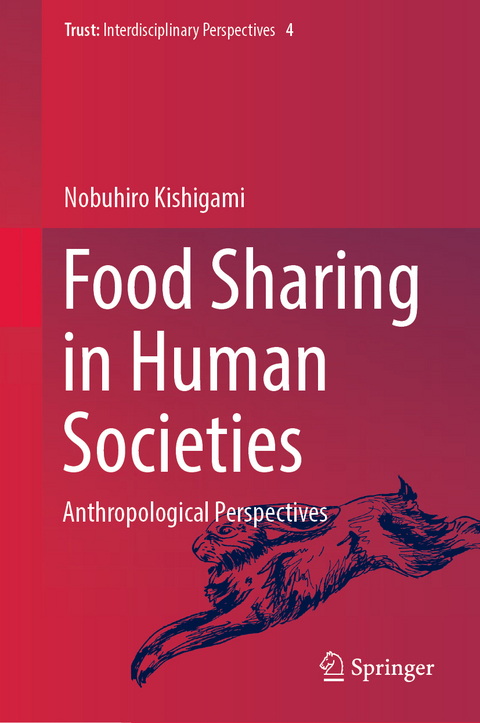
Food Sharing in Human Societies
Springer Verlag, Singapore
978-981-16-7809-7 (ISBN)
This book explores why human beings share food with others using a humanistic anthropological approach. This book provides a comparative examination of distinct features and historical changes in food-sharing practices in various hunting-gathering societies, especially in the Inuit. The author considers human nature through various human food-sharing practices. Food sharing is a characteristic of human behavior and has been one of the central topics in anthropological studies of hunter-gatherers for a long time. While anthropologists have attempted to understand it in functional, historical, adaptational, social, cultural, psychological, or phenomenological perspective, they have failed to convincingly explain its origin, variation, existence or/and change. Recently, evolutionary ecology or behavioral ecology has dominated research of the topic. However, neither of them adequately considers social, cultural and historical factors in the analysis of human food-sharing practices. Thisbook is an essential and fundamental study for every researcher interested in the relationship between human nature, society and culture.
Dr. Nobuhiro Kishigami is a cultural anthropologist working at the National Museum of Ethnology, Osaka, Japan. Since the mid-1980s, he has conducted research on indigenous cultures and societies in the Arctic and Northwest Coast regions of North America as well as urban centers of Canada, with a focus upon the Inuit of Canada and Inupiat of Alaska. In recent years, his studies have extended from indigenous food-sharing systems to indigenous whaling in northwestern Alaska and Arctic Canada. Having an interest in indigenous cultures along the North Pacific Rim, he is carrying out a comparative research project of the history and sociocultural changes among indigenous peoples in the region. His main publication includes World Whaling: Historical and Contemporary Studies (2021), Anthropological Studies of Whaling (2013), Indigenous Use and Management of Marine Resources (2005), and The Social Economy of Sharing: Resource Allocation and Modern Hunter-Gatherers (2000) from the Senri Ethnological Studies Series, National Museum of Ethnology, Osaka, Japan.
Food sharing in hunter-gatherer societies.- Food sharing in the Inuit society: A case study from Akulivik in Nunavik, Canada.- Food sharing among the Inupiat in Utqiaġvik, Alaska, USA.- Comparing food sharing in three hunter–gatherer societies.- Food sharing: Theoretical consideration.
| Erscheinungsdatum | 29.12.2021 |
|---|---|
| Reihe/Serie | Trust ; 4 |
| Zusatzinfo | 10 Illustrations, color; 8 Illustrations, black and white; XII, 164 p. 18 illus., 10 illus. in color. |
| Verlagsort | Singapore |
| Sprache | englisch |
| Maße | 155 x 235 mm |
| Themenwelt | Naturwissenschaften ► Biologie ► Botanik |
| Naturwissenschaften ► Biologie ► Ökologie / Naturschutz | |
| Naturwissenschaften ► Biologie ► Zoologie | |
| Sozialwissenschaften ► Ethnologie | |
| Sozialwissenschaften ► Soziologie | |
| Schlagworte | Criticism on Mauss' Gift Theory • Food Sharing • Hunter-Gatherers • Inuit • Reciprocity |
| ISBN-10 | 981-16-7809-X / 981167809X |
| ISBN-13 | 978-981-16-7809-7 / 9789811678097 |
| Zustand | Neuware |
| Haben Sie eine Frage zum Produkt? |
aus dem Bereich


